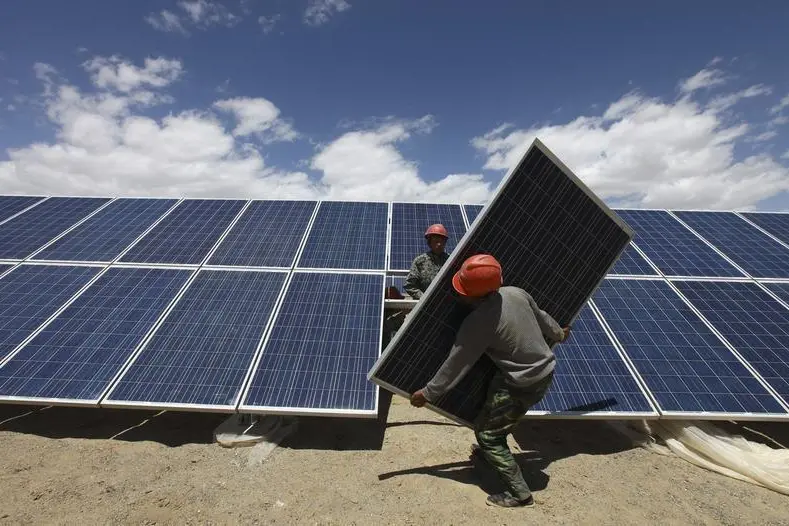.png)
Morocco Secures US Backing for $800M High Purity Polysilicon Plant: A Strategic Move to Reshape Global Supply Chains

Morocco Expands Solar Infrastructure with Two New Power Stations in Khouribga

The Colombian energy sector is facing a turning point. In 2023, the industry grappled with significant challenges, including El Niño’s impact and the government’s decision to halt oil and gas exploration. These developments have placed energy supply stability in jeopardy, according to Natalia Gutiérrez, president of the Colombian Association of Electric Power Generators (Acolgen).
During the "Vision 2025 - Colombia Trends" forum, Gutiérrez pointed out that while Colombia has a well-designed energy system built over the past three decades, it lacks the leadership needed to fully harness its potential. “We have a Ferrari of an electricity model, but no driver - that is the problem,” she stated.

One of the main issues highlighted by Gutiérrez is the lack of effective public policy. The gap between energy supply and demand is narrowing significantly, with forecasts indicating a margin of only 1% in 2024. According to the Mining and Energy Planning Unit (UPME), no power plants will have room for maintenance between 2025 and 2026 if urgent measures are not taken to incentivise investment in the sector.

While Colombia is making efforts to transition to cleaner energy sources, Gutiérrez stressed the importance of maintaining energy security as a foundation for progress. Although solar and wind energy projects have been developed, they have not advanced enough to meet rising demand. “Without energy security, there will be no energy transition,” she warned.
To address this, the country needs a diverse energy mix. Renewable energy projects must be complemented with thermal and hydroelectric power plants, which have historically provided stability and reliability. This balanced approach is vital to ensuring a consistent energy supply 24/7.

For Colombia to address its energy challenges, an estimated COP 10 trillion in investments is needed by 2027. Gutiérrez emphasised that both the government and private sector must work together to make this happen. Clear and consistent policy signals are also critical to fostering investor confidence.
“We need more projects, and we cannot rely solely on solar energy. We need thermal plants, hydroelectric plants, and a balanced energy transition,” she concluded.
To navigate its energy transition effectively, Colombia must prioritise energy security while expanding its renewable energy capacity. A balanced approach, supported by investment and collaboration between the government and private sector, will be key to ensuring a stable and sustainable energy future for the nation.

.png)

